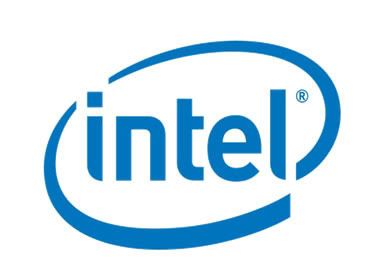Intel vs. Realtek: What’s up?
-
 vs.
vs. 
I have seen posts here and elsewhere that state that Intel NICs are preferable to those made by Realtek. Why is that? Under what circumstances does it matter?
-
it matters in all circumstances.
realtek is poorly supported by FreeBSD, realtek offer poor performance.
-
See https://forum.pfsense.org/index.php?topic=123462.msg681848#msg681848 :P
-
pfsense doesn't have good realtek drivers, and has not incentive to fix them because the netgate hardware uses intel cards. if that's a deal-breaker, you need a different operating system.
-
pfsenseFreeBSD doesn't have good realtek drivers~~, and has not incentive to fix them because the netgate hardware uses intel cards~~. if that's a deal-breaker, you need a different operating system.FTFY.
The cards are dodgy, the drivers don't help. If the drivers are bad, get them fixed in FreeBSD.
We use Intel because the cards are good and the drivers are good. We still use the drivers from FreeBSD. We have sold systems with Realtek NICs in the past, but stopped because they were not good (APU, for example).
-
-
Even on other operating systems the Realteks NICs are terrible. On my desktop system running windows 10 I get bad audio dropouts if I try to do anything network intensive while playing audio. I have already ordered an Intel PCIe NIC as a replacement but it hasn't arrived yet. I'm 100% sure that the new NIC will fix my audio problems.
-
@kpa:
Even on other operating systems the Realteks NICs are terrible. On my desktop system running windows 10 I get bad audio dropouts if I try to do anything network intensive while playing audio. I have already ordered an Intel PCIe NIC as a replacement but it hasn't arrived yet. I'm 100% sure that the new NIC will fix my audio problems.
Some of the cards may be dodgy, but the chipset is solid for what it is. I've had some crappy add-in boards, but all of my embedded Realtek NICs have performed just fine on Linux and Windows.
I'd probably blame the Realtek audio chipset that most boards use these days before I'd blame the NIC. But who knows.
-
-
The cards are dodgy
That's the party line, but they seem to work on other platforms.
Don't think anybody said they don't work. But works is not the same as works well or as good as and equal to.
Well no, there are all too many reports of people experiencing flaky connections using realtek devices with pfsense. It also seems harder than it should to saturate a gigabit link with an re device, which isn't an issue on other platforms. (A modern RTL ethernet chipset supports multi core RSS with MSI-X signalling, there's no reason it shouldn't perform as well as an equivalent intel chipset; compare it to an i210, not an i350, which is fine for workloads not involving heavy virtualization.)
-
pfsenseFreeBSD doesn't have good realtek drivers~~, and has not incentive to fix them because the netgate hardware uses intel cards~~. if that's a deal-breaker, you need a different operating system.FTFY.
The cards are dodgy, the drivers don't help. If the drivers are bad, get them fixed in FreeBSD.
Sorry, it's getting hard to tell when to refer to pfsense as a special snowflake, and when to refer to it as freebsd plus some stuff.
-
It has always been freebsd-based.
The amount of custom (kernel) patches gets reduced steadily by working more closely with the freebsd Devs upstream.Drivers need to be fixed upstream.
-
pfsenseFreeBSD doesn't have good realtek drivers~~, and has not incentive to fix them because the netgate hardware uses intel cards~~. if that's a deal-breaker, you need a different operating system.FTFY.
The cards are dodgy, the drivers don't help. If the drivers are bad, get them fixed in FreeBSD.
Sorry, it's getting hard to tell when to refer to pfsense as a special snowflake, and when to refer to it as freebsd plus some stuff.
What?